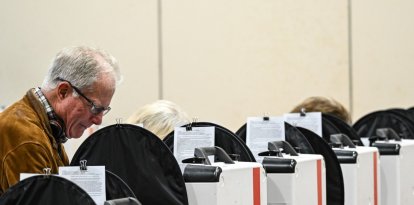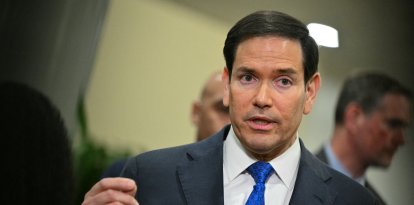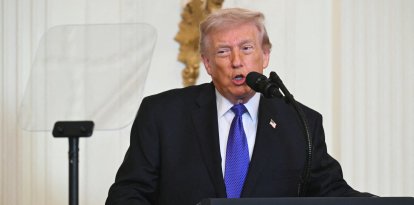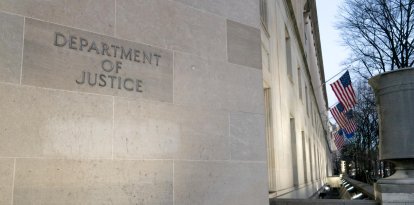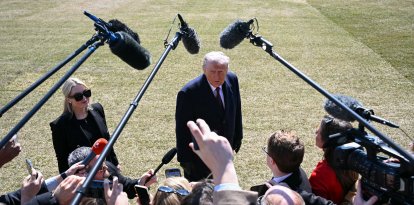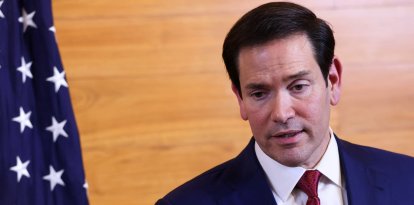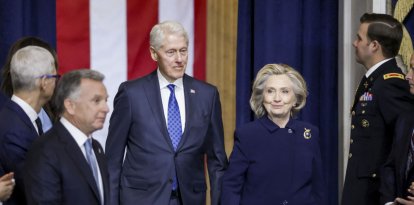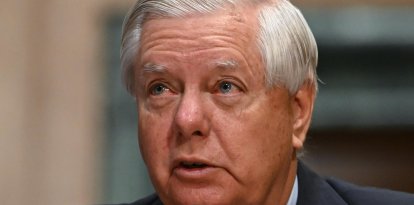Supreme Court refuses to review restrictions on demonstrations near abortion clinics
Judges Clarence Thomas and Samuel Alito criticized the court for applying different standards in free speech cases when it comes to the termination of pregnancy.

Supreme Court.
The US Supreme Court decided Monday not to review two cases brought by pro-life activists, who argued that certain local laws restrict their right to free speech by preventing them from peacefully demonstrating near abortion clinics.
Division in the Supreme Court
As usual, a majority of the judges did not explain their decision to dismiss the cases. However, conservative judges Clarence Thomas and Samuel Alito expressed their disagreement and criticized the Court's different treatment of free speech cases when the issue involves abortion.
Restrictions on peaceful demonstrations
The challenged regulations were established in Carbondale, Illinois and Englewood, New Jersey, where exclusion zones were established that prevent pro-life activists from approaching women entering clinics.
Local authorities claim that these restrictions seek to prevent acts of harassment or intimidation, while pro-life activists denounce that these measures prevent them from offering information and support to women who might reconsider their decision.
The Illinois and New Jersey cases
In Carbondale, Illinois, the city passed an ordinance limiting protests near clinics after becoming a destination for patients from neighboring states with tighter abortion restrictions. However, the rule was repealed before it was implemented, leading authorities to ask that the case be dismissed.
The other case in Englewood, NJ involves Jeryl Turco, who has spent years offering information and alternatives to abortion and argues that an 8-foot exclusion zone established in 2014 prevents her from approaching women for close dialogue to dissuade them from having abortions.
Debate over judicial precedents
The plaintiffs recalled that in 2014 the same Supreme Court invalidated a Massachusetts law creating 35-foot exclusion zones around abortion clinics as an unconstitutional restriction on free speech. They argue that restrictions in Illinois and New Jersey should meet the same fate.
However, local authorities insist that their measures follow the precedent of a 2000 ruling, Hill v. Colorado, where the Court allowed a 100-foot "bubble zone" around clinics, prohibiting protesters from coming within 8 feet of others without their consent.














